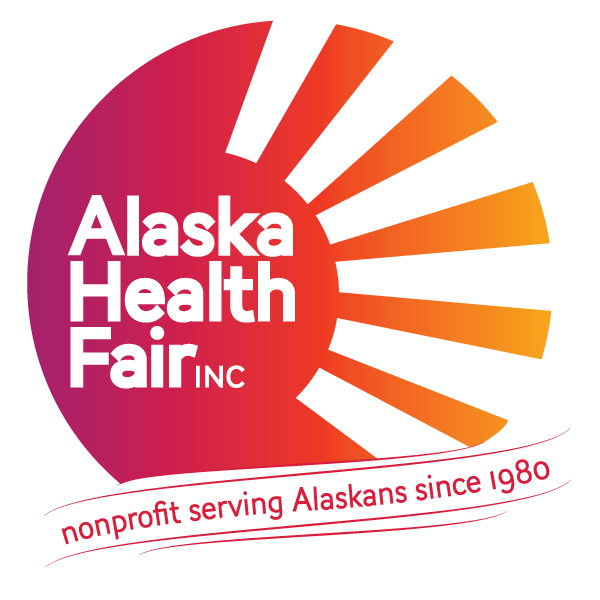Your kidneys help maintain your overall health including cleaning waste and extra fluid from your blood. Your kidneys also:
- Balance chemicals in your body
- Help control blood pressure
- Help keep your bones healthy
- Help make red blood cells
One in nine Americans have kidney disease and millions more are at increased risk and do not know it. Chronic Kidney Disease or CKD refers to permanent damage to your kidneys that can get worse over time. If the damage is very bad, your kidneys may stop working and you will need dialysis or a kidney transplant in order to live.
The most common causes of CKD are diabetes and high blood pressure. When these diseases are controlled by treatment, the associated kidney disease can often be prevented or slowed down.

Choose foods that are healthy for your heart: fresh fruits, fresh or frozen vegetables, whole grains, and low-fat dairy foods.
CKD often has no symptoms until it is very far along. The only way to know how well your kidneys are working is to get tested. Some symptoms of kidney disease may include:
- Feeling sick in your stomach often
- Feeling tired or dizzy often
- Swelling in your feet, hands or face
- Back pain
- Bloody, foamy or dark colored urine
- High blood pressure
- A change in how often you urinate
Tips to Prevent Kidney Disease:
- Keep your blood pressure at the target set by your health care provider. This can delay or prevent kidney failure.
- If you have diabetes, control your blood glucose level.
- Keep your cholesterol levels in the target range.
- Take medicines the way your provider tells you to. (Important! Certain blood pressure medicines called ACE inhibitors and ARBs may protect your kidneys. Ask your health care provider for more information.)
- Cut back on salt. Aim for less than 1,500 milligrams of sodium each day.
- Choose foods that are healthy for your heart: fresh fruits, fresh or frozen vegetables, whole grains, and low-fat dairy foods.
- Limit your alcohol intake.
- Be more physically active.
- Lose weight if you are overweight.
- If you smoke, take steps to quit. Cigarette smoking can make kidney damage worse.
CKD often has no symptoms until it is very far along. The only way to be sure how well your kidneys are working is to get tested. There are three simple tests to check for kidney disease:
- Blood pressure: This test tells your health care provider how hard your heart is working to pump your blood. Normal blood pressure is 120/80. A blood pressure of 140/90 or higher is called high blood pressure. If you have diabetes or kidney disease a target of less than 130/80 is recommended. High blood pressure is the second leading cause of kidney failure.
- Urinalysis: A urinalysis is a test that checks a sample of your urine for protein or blood which may be a sign of kidney disease. Another test called the albumin to creatinine ratio is good for people with diabetes, high blood pressure or a family history of kidney disease.
- GFR (Glomerular Filtration Rate): This test tells your health care provider how well your kidneys clean your blood. GFR is estimated from results of a blood test to check a waste in your blood called creatinine. Healthy kidneys filter extra creatinine out of your blood.
Author: Linda Vlastuin, RN, MS
Alaska Kidney Foundation/Alaska Health Fair, Inc.
Resources:
National Institutes of Health, High Blood Pressure and Kidney Disease
National Kidney Foundation, Winning the Fight Against the Silent Killers
Alaska Dept. of Health & Social Services, Heart Disease and Stroke Facts
Sources:
National Kidney Foundation www.kidney.org
American Kidney Fund www.kidneyfund.org
